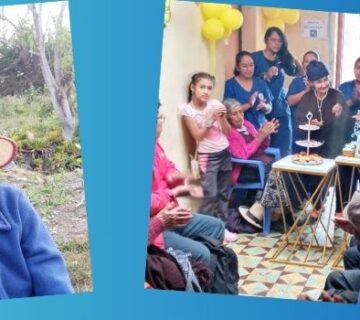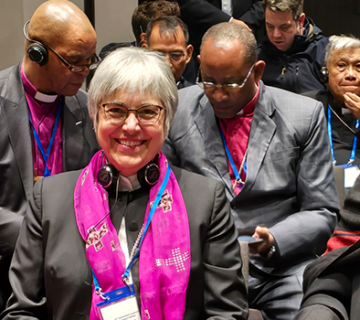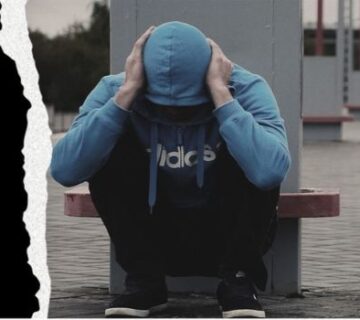The first European Mariapolis, sponsored by the Focolare Movement at Tonadico, in the Dolomites, has begun and runs through August 8.
Within the historical and political context of a Europe divided and in conflict, this event aims to show that the dream of brotherhood among peoples is not some faraway utopia. The original intuition that Focolare’s founder, Chiara Lubich, had last century during the 1940s and 1950s has carried through to various fields of knowledge, and to the heart of relationships between individuals and peoples. We discussed it with Fabio Ciardi, who is responsible for the movement’s interdisciplinary study centre, the Abbà School.
What is the link between Chiara Lubich’s mystical experiences in 1949 and 1950 during and after the first Mariapolises, and the birth of the Abbà School?
“The Abbà School began in order to go deeper into what had happened during those years. Chiara had the opportunity to write her experience little by little as it happened, aware that within it was a teaching – values so profound and rich that they could nourish not just the movement but the Church as well. Later she felt the need to take up those pages yet again, so she began to call on people with a certain amount of culture to go more deeply into her experience and help the doctrine that was already within it flow.”
Among the fields represented in the Abbà School are history and political science. Can the group’s reflections in these areas help us understand the reasons that the European Union was founded?
“The experience that Chiara had in 1949 gave her a vision from on high of God’s designs for humanity and history. So you can find values there that are at the foundations of Europe. The Abbà School hopes to bring them to light and show how current they are. Today the Mariapolis helps us discover those designs and understand what God’s plan for our history is and who we are.”
In the early days Chiara had an intuition that Europe was called to be united at its core. Igino Giordani, one of the movement’s co-founders, hoped for a “United States of Europe” that would present itself as a federal entity of peoples in the global context. Today, however, we are far off from that vision, and nationalism and populism run through Europe. How can we find that passion again and make it contagious?
“It seems to me that the initial experience of 1949 has all the elements to expand our hearts; to grow that sense of fraternity, hospitality and sharing; and to promote a way forward together. At the beginning Chiara’s reflections were focused on Italy, and she spoke of Saint Catherine and Saint Francis as its patron saints. Yet soon her horizons expanded when people from other European countries and continents joined the movement. She saw the charism of unity resonate for all of them, and each found their deepest values there. She saw all of humanity moving towards unity. I think this could be a fundamental ideal that can be realised today as well. We need to reflect culturally in a way that combines God’s great plan for humanity with the current political, economic, and historical situation.”
What message does the experience at the European Mariapolis send to the citizens of Europe?
“The idea that European unity is not uniformity or an obligation, but it is a richness that comes from having great diversity – not only from the historical European peoples but the new ones who arrive as well. Europe is something we build; it has been in continual construction since its origins. It needs to know how to combine these two elements: promote fraternity, sharing, communion and unity; and at the same time, value the great cultural diversity and the particular history of each people. I think that the Mariapolis could be the new melting pot in which we learn to respect and love each other, and live together.”
So the Mariapolis is a “lab” of unity for Europe. Someone might object that this is outlook is simply utopian…
“Utopias are located in imaginary places where you dream up a reality that does not in fact exist. A Mariapolis, instead, is a different place that is not utopian but real. I think we need to put forward experiences like this one once again – meaningful, despite small, which show how the world could be if we truly lived the laws of fraternity, love and unity.”
Claudia Di Lorenzi


 Italiano
Italiano Español
Español Français
Français Português
Português




No comment